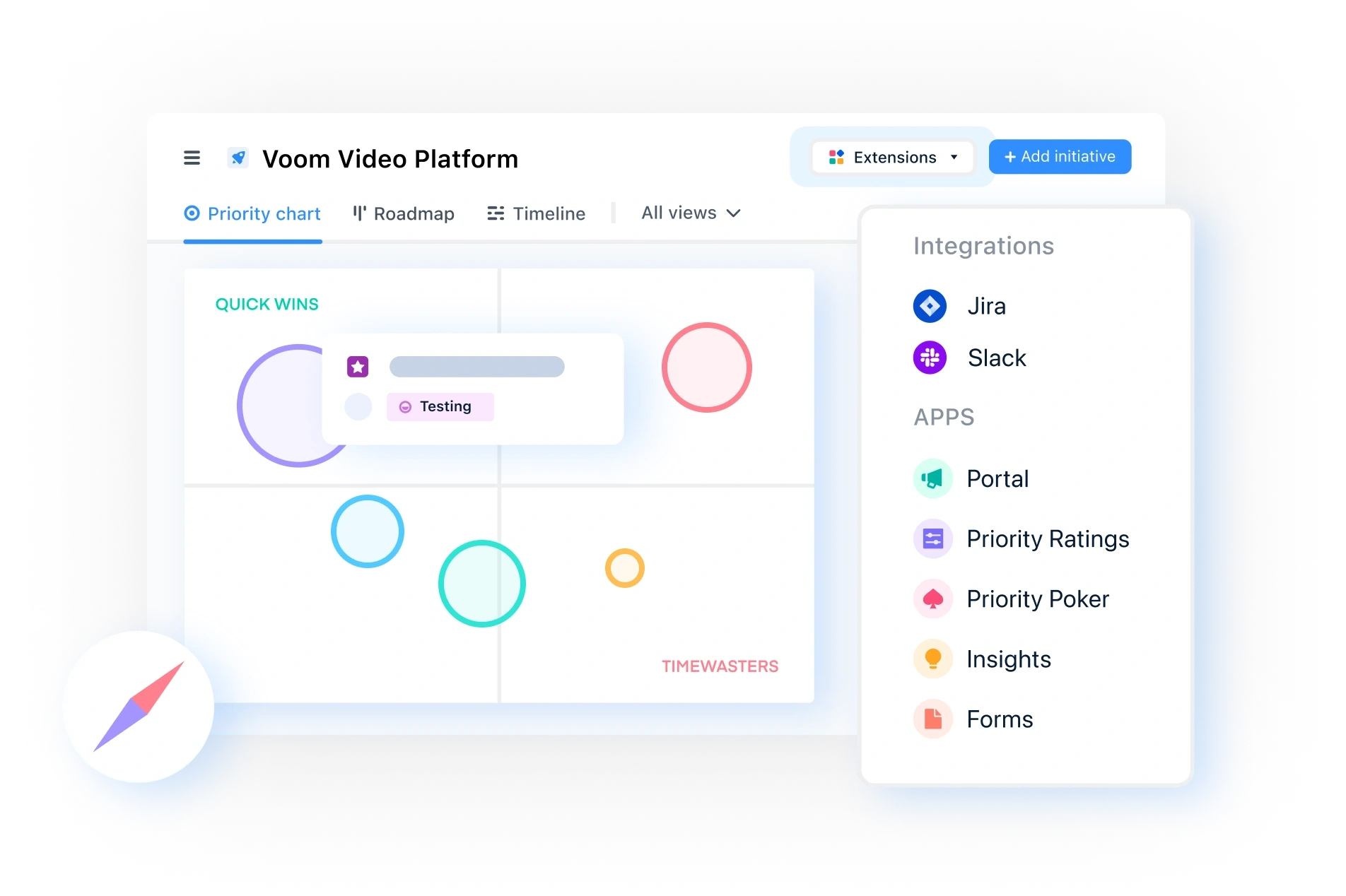Ideal Customer Profile (ICP)
What is an ideal customer profile (ICP)?
Ideal Customer Profile (ICP) definition
An ICP is a detailed description of the customer who would get the most value from using your product. An ICP describes the customer as a character, outlining key characteristics which include demographics, behavior patterns, needs, and pain points.
Why is identifying the ideal customer profile important?
Having an ICP is critical to the success of any product, as it helps product development focus their efforts on the needs of a specific type of customer, having more efficient and targeted marketing, higher sales, and higher customer satisfaction.
More targeted marketing: When ICP is identified, the marketing efforts can be focused on a specific audience and tailored to those. This leads to more efficient and effective marketing campaigns, resulting in a higher return.
Better product development: ICP helps product managers develop features that meet the specific needs of the target customer. This leads to a more tailored product, increasing customer satisfaction and reducing churn.
Guided sales focus: ICP helps sales teams to focus their efforts on the most promising leads, which brings more sales and revenue. Using ICP, sales teams can tailor their sales pitches to the customer's needs and pain points, increasing the rates of successful sales.
Higher customer satisfaction: When a product is tailored to the specific needs of the ICP, it has a higher chance to meet the customer's needs and expectations, which leads to higher satisfaction and loyalty.
6 Key components of an ideal customer profile
Here are the key components that product managers need to include to create a comprehensive ideal customer profile:
Demographics: The ideal customer profile should include the customer's demographics such as age, gender, income, education level, and job.
Psychographics: These include personality traits, values, interests, and hobbies. This information helps the PM understand the motivations and behaviors of the ideal customer.
Pain points: Understanding the pain points and challenges of the ideal customer is crucial for creating and positioning a product that can solve these problems.
Behaviors: This includes understanding their buying behavior, where they spend their time online, and what channels they use to communicate.
Goals: Identifying the goals and objectives of the ideal customer helps product managers build products that meet the needs and goals of their customers.
Purchasing behavior: ICP has to clarify the purchasing behavior of the ideal customer, by understanding how and why they make buying decisions and what messages motivate them to spend.
Common mistakes when creating an ICP
Product managers need to avoid these mistakes to create a strong ideal customer profile
Making assumptions about the ideal customers: Assuming you know the ideal customer without conducting enough research can lead to creating a profile based on opinions and biases rather than actual data.
Letting demographics rule the day: Yes, demographics are important, but they are one of many key components (listed above).
Having a narrow focus: Focusing on a specific location or industry acts to eliminate any possibility for expansion.
Creating ICP is a silo: Sales and customer success teams especially should be part of the process for creating ICP. Different stakeholders need to be included for the ICP to be aligned with the business's strategy and objectives.
Not iterating: The ICP is a living document that should be regularly updated to remain effective and relevant.
Not considering the competition: Analyzing the competitive landscape is crucial when creating an ICP. Conducting a SWOT analysis of your competitors can help you better position your product and have a unique selling point.
Ideal customer profile example
In this example, let's assume that your product is an online collaboration tool for teams.
Your ICP can be a mid-sized business with a team of 10-50 employees who frequently collaborate on projects and use multiple tools for communication, project management, and file sharing.
This can guide you to create one centralized dashboard that integrates with popular communication tools like Slack and email clients, a feature that enables employees to assign tasks and track progress in real time, and a document management system that allows teams to collaborate on files without version control issues.
Your ICP can also guide your marketing messaging to focus on the selling points that would appeal to your ideal customers, like productivity, streamlined workflows, and reduced communication overhead.
By crafting an effective and accurate ICP, you can ensure that your product meets the needs of your most valuable customers and drives growth through customer referrals and loyalty.
General FAQ

Glossary categories
Prioritize with confidence

Experience the new way of doing product management








